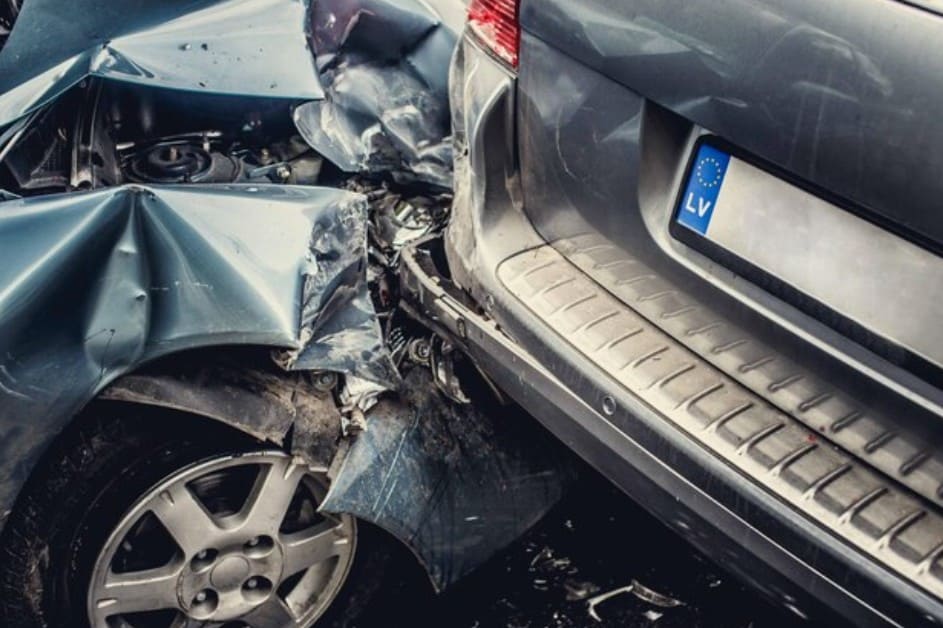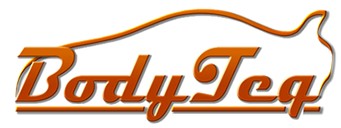Dealing with Insurance After a Parked Car Accident: A Comprehensive Guide
Parked car accident is an unexpected and frustrating experience for many vehicle owners. Despite not being present during the incident, dealing with the aftermath involves a series of steps to ensure a smooth insurance claim process.
Understanding the Situation
Upon discovering your parked car has been involved in an accident, it’s crucial to remain calm and assess the situation before taking any action. Here’s a step-by-step guide on what to do:

1. Documentation and Evidence Gathering
- Assess the Damage: Inspect your vehicle thoroughly. Take photos or videos of the damage from various angles.
- Witnesses: If available, gather information from any witnesses who might have observed the accident.
- Time and Location: Note the time and location of the incident, which might be crucial for your insurance claim.
Read more: Car Insurance For Older Drivers In The UK: A Comprehensive Guide
2. Contacting Authorities and Insurance Company
- File a Police Report: In case of significant damage or if the responsible party is not present, contact the police and file a report. Obtain a copy for your records.
- Contact Your Insurance Provider: Notify your insurance company about the accident immediately. Provide them with all the gathered information and documentation.
3. Understanding Your Insurance Coverage
- Review Your Policy: Understand your insurance coverage, including deductibles, coverage limits, and specifics related to parked car accidents.
- Uninsured Motorist Coverage: Check if your policy includes coverage for accidents involving uninsured or hit-and-run drivers.
Read more: How To Document And Gather Evidence After A Parked Car Accident In London
4. Claim Process and Follow-Up
- Provide Details: Be prepared to provide your insurer with all the necessary information about the accident. Stay in touch with them throughout the claim process.
- Follow-Up Regularly: Keep track of your claim’s progress and follow up with your insurance company if there are any delays or additional information needed.
5. Repairing Your Vehicle
- Estimates and Repairs: Obtain repair estimates from authorized repair shops. Ensure that the estimates are in line with your insurance company’s guidelines.
- Authorized Repair Shops: Your insurer might have a list of approved repair shops. Ensure to clarify this before proceeding with repairs.
Read more: Insurance Repairs in London
6. Resolving Disputes or Issues
- Dispute Resolution: If there are disputes regarding the claim settlement or if you’re not satisfied with the offered amount, discuss this with your insurance company. They might have a dispute resolution process in place.
7. Finalizing the Claim
- Settlement: Once the claim is processed and all required information is provided, finalize the settlement process.
- Documentation: Ensure you receive all necessary documents related to the claim closure.
Commonly Asked Questions
1. What should I do immediately after discovering my parked car has been hit?
Upon discovering your parked car has been involved in an accident, take these immediate steps:
- Document the damage by taking photos or videos from various angles.
- Gather information like time, date, and location of the incident.
- Look for witnesses and collect their contact details if possible.
- Contact the police to file a report if the damage is significant or the responsible party isn’t present.
2. Do I need to contact my insurance company even if the damage seems minor?
Yes, it’s essential to notify your insurance company regardless of the damage’s severity. Some damages might appear minor at first but could lead to underlying issues. Reporting the incident promptly helps in starting the claims process.
3. Will my insurance rates increase if my parked car is hit?
Generally, parked car accidents are considered non-fault incidents, so they might not affect your rates. However, this can vary based on your policy and the frequency of claims. It’s best to check with your insurance provider to understand the potential impact.
4. Can I choose any repair shop to fix my parked car after an accident?
Most insurance policies provide a list of authorized repair shops. While you can choose a repair shop, using an authorized one might streamline the process and ensure quality repairs. Confirm with your insurer if they have specific preferences or authorized vendors.
5. What happens if the responsible party is unidentified or uninsured?
If the responsible party is unidentified (hit-and-run) or uninsured, your insurance policy’s coverage might include provisions for such scenarios. Uninsured Motorist Coverage can help cover damages caused by uninsured drivers. Check your policy for details.
6. How long does it take to settle a parked car accident insurance claim?
The time taken to settle a claim can vary based on factors like the complexity of the incident, documentation, and the responsiveness of involved parties. Some claims might be resolved quickly, while others might take longer, especially if there are disputes or complexities.
7. Can I dispute the settlement amount offered by my insurance company?
Yes, if you disagree with the settlement amount offered, you can dispute it. Discuss your concerns with your insurance company, providing any additional evidence or information that supports your claim. Insurance companies often have a dispute resolution process to address such issues.
8. Will my insurance cover a rental car while my parked car is being repaired?
Some insurance policies include coverage for a rental car while your vehicle is being repaired. Check your policy details to see if rental car coverage is included and the limits or conditions associated with it.
Conclusion
Dealing with insurance after a parked car accident can be stressful, but following these steps can simplify the process. Remember, timely reporting and accurate documentation play crucial roles in a successful insurance claim. Always communicate openly and effectively with your insurance provider to ensure a smooth resolution.

